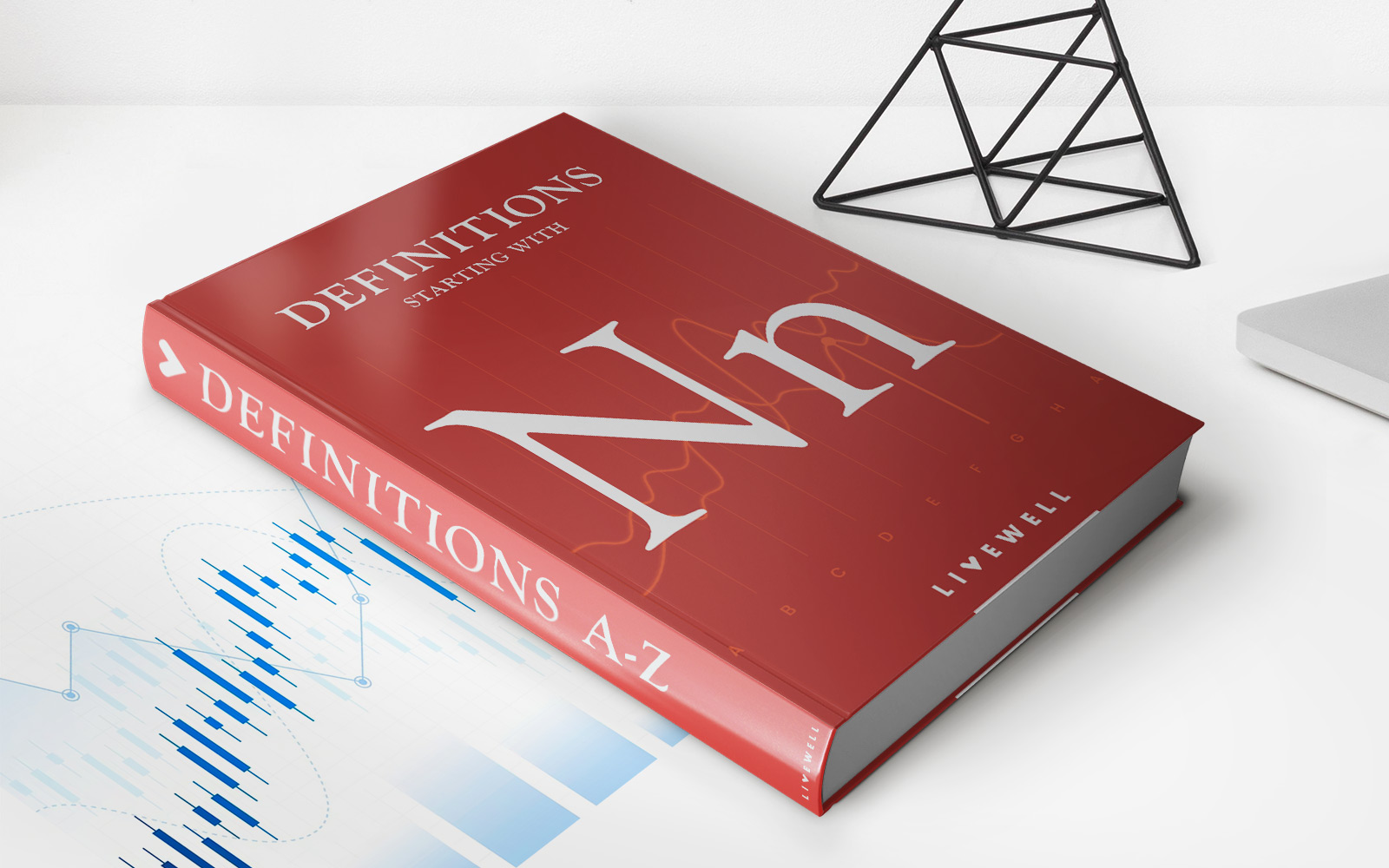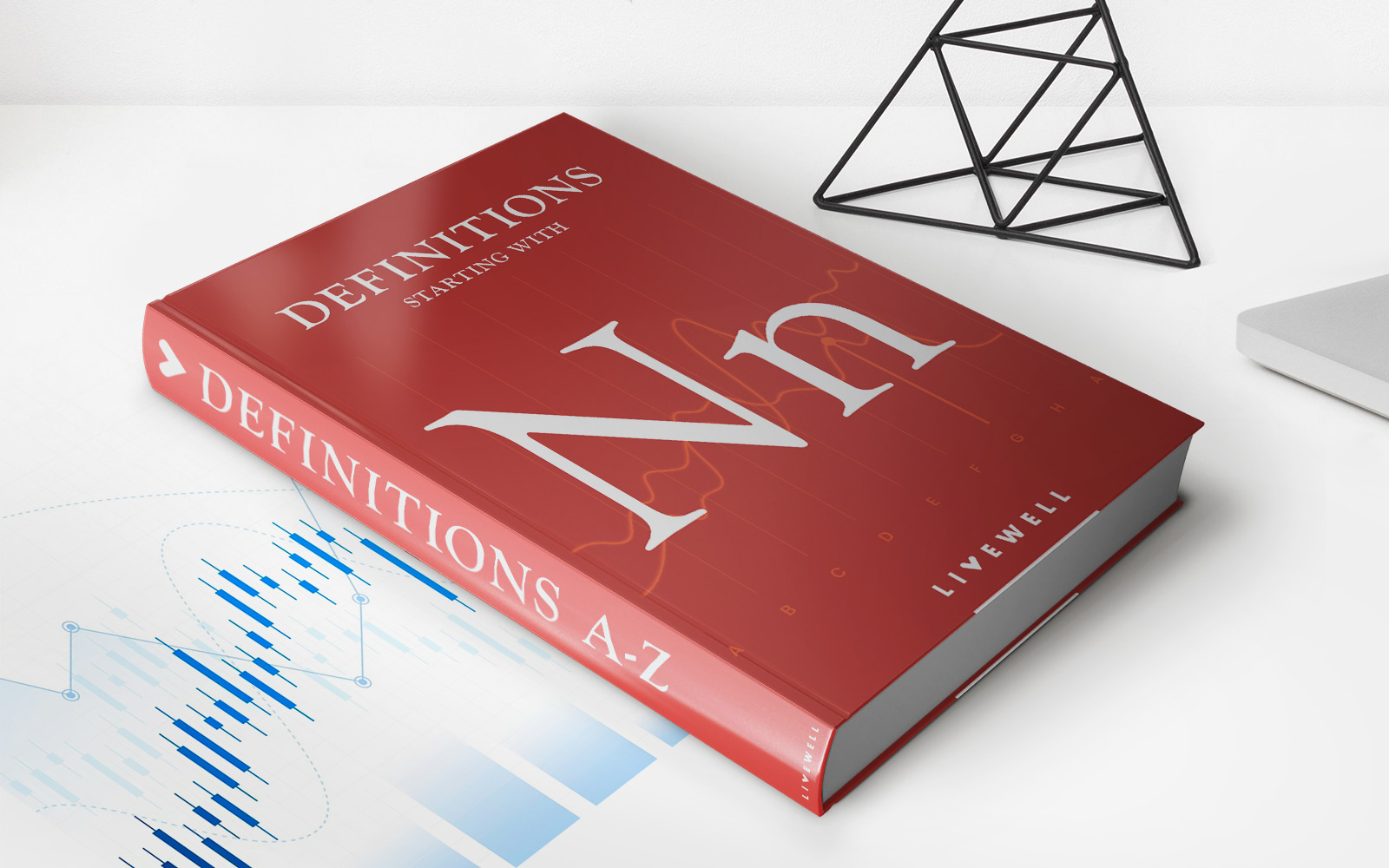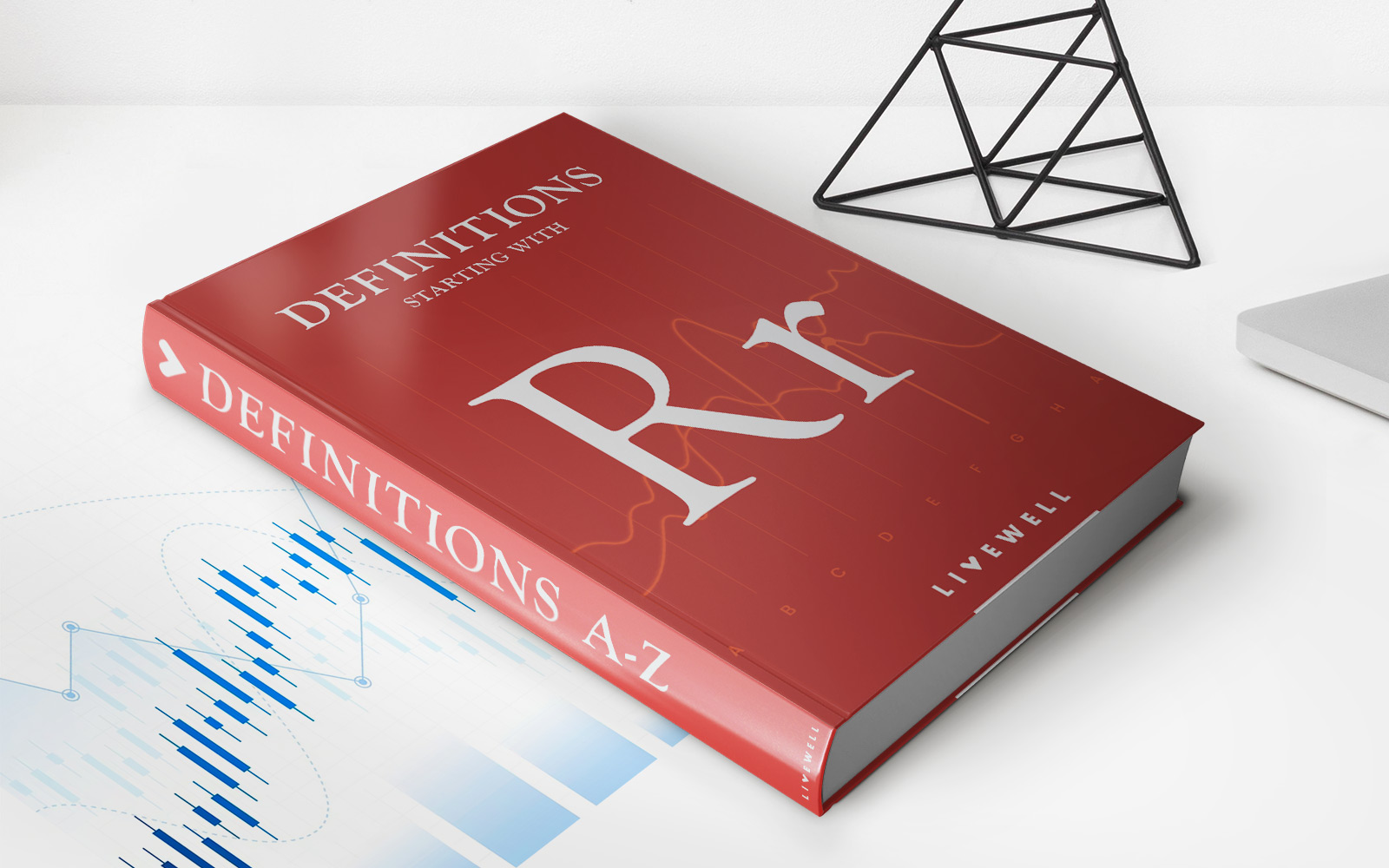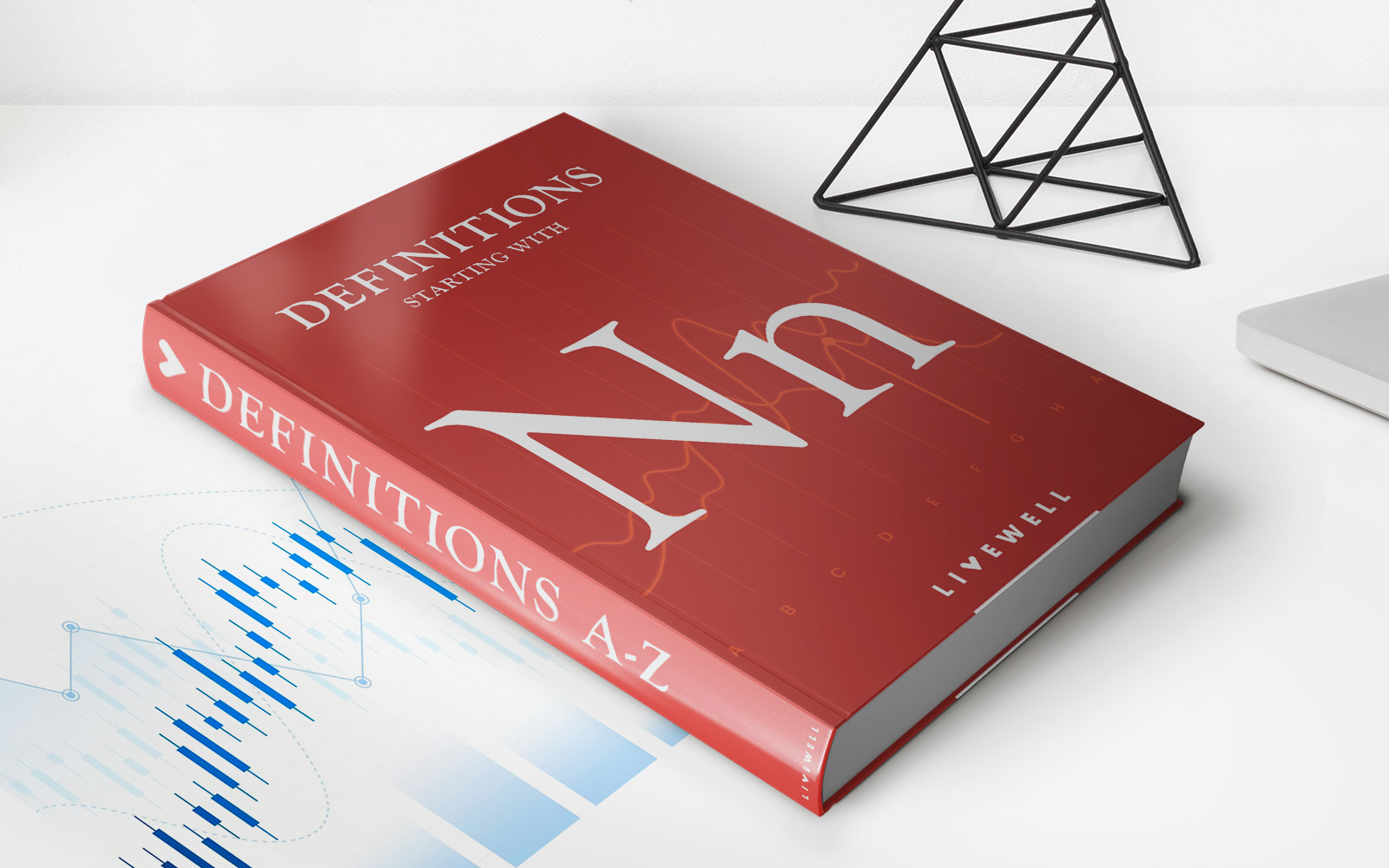Home>Finance>Nationally Recognized Statistical Ratings Organization (NRSRO) Definition


Finance
Nationally Recognized Statistical Ratings Organization (NRSRO) Definition
Published: December 29, 2023
Learn the definition of a Nationally Recognized Statistical Ratings Organization (NRSRO) in the field of finance and how it impacts the industry.
(Many of the links in this article redirect to a specific reviewed product. Your purchase of these products through affiliate links helps to generate commission for LiveWell, at no extra cost. Learn more)
Understanding NRSRO: Empowering Your Financial Decision-making
When it comes to making informed financial decisions, having access to reliable and accurate information is crucial. This is where Nationally Recognized Statistical Ratings Organizations (NRSROs) play a significant role. Understanding what NRSROs are and how they work can empower you to make well-informed choices and navigate the complex world of finance with confidence.
Key Takeaways:
- Nationally Recognized Statistical Ratings Organizations (NRSROs) are independent entities that provide credit ratings and assessments on financial products and institutions.
- These ratings help investors and market participants gauge the creditworthiness and risks associated with various financial products, such as bonds, government securities, and mortgage-backed securities.
So, what is an NRSRO? In a nutshell, NRSROs are independent rating agencies recognized by the U.S. Securities and Exchange Commission (SEC) as reliable sources of credit ratings. Their main role is to evaluate the creditworthiness and risks associated with various financial products and issuers. These ratings provide investors, regulators, and market participants with valuable insights into the potential risks involved in their investment decisions.
What sets NRSROs apart from other rating agencies is their official recognition by the SEC. This recognition signifies that the agency meets specific criteria, demonstrating its ability to provide accurate and independent assessments. As a result, the ratings issued by NRSROs carry significant weight and are widely relied upon by investors and financial institutions.
One of the key benefits of relying on NRSRO ratings is the transparency and objectivity they bring to the table. By conducting thorough research and analysis, these agencies create a standardized rating system that assesses the creditworthiness and default risk of financial products. This allows investors to make more informed choices, mitigating the potential for losses.
With NRSROs at the helm, investors can confidently evaluate the risks associated with various financial products. Their ratings provide guidance on the likelihood of default, helping investors assess the potential return on investment and the security of their capital. By understanding the ratings provided by NRSROs, investors can align their investment strategies with their risk tolerance and financial goals, optimizing their portfolios for growth and stability.
It’s important to note that NRSRO ratings are not infallible. No rating agency can predict the future with absolute certainty, and unexpected market conditions can impact the accuracy of ratings. Therefore, it’s always advisable to conduct comprehensive research and consider multiple sources of information when making investment decisions.
In conclusion, NRSROs empower investors and market participants by providing them with reliable and standardized credit ratings. By understanding the significance of NRSRO ratings, you can make more informed financial decisions and navigate the world of finance more confidently.














